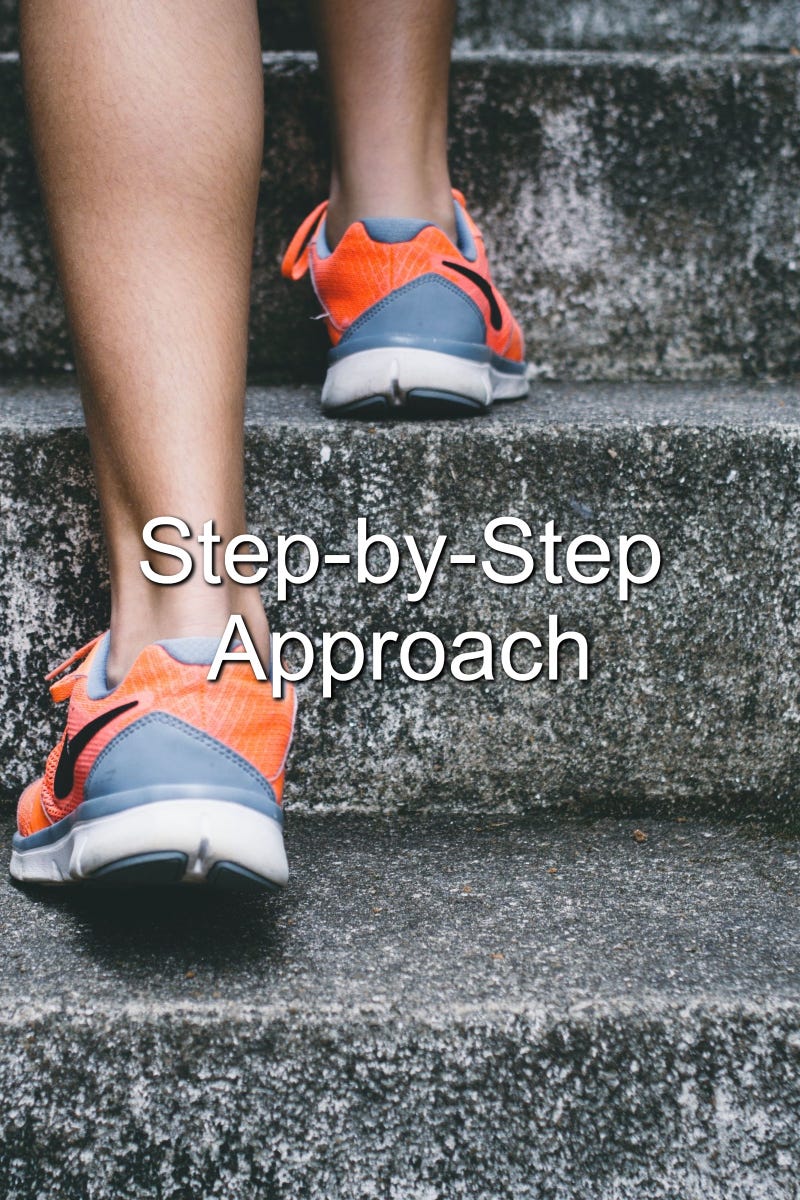How to Profit from Every Online Marketing Course You Buy
Retire Richer - By Fred Ferguson (GeezerWise)
Spend more than 10 minutes in the online marketing world and you’ll quickly discover this universal truth:
There’s no shortage of courses, ebooks, and info-products promising fast profits with 10 minutes of effort a day.
If you had a dollar for every sales page like that, you could probably outbid Elon Musk for Twitter.
And yet… the graveyard of failed marketers is full. Most beginners don’t just struggle — they crash and burn, often leaving behind maxed-out credit cards, shattered confidence, and a bitter taste for anything labeled “Make Money Online.”
So here’s the real question:
Is it possible to profit from every online course you buy?
Yes — but only if you approach them with the right mindset, criteria, and workflow.
Let’s walk through exactly how to do that.
1. Not All Info Products Are Created Equal
The internet’s low barrier to entry means anyone can slap together a “course” filled with half-baked theory, fluff, and hope.
Many of these so-called experts have never made a real dollar online — except from selling that very course to you.
Key Insight: A slick sales page doesn’t guarantee real results.
Even if the refund policy looks friendly, don’t be surprised if support ghosts you the second you hit “buy.” That’s the nature of shady digital marketplaces.
How to filter out the junk:
Look for proof of real-world results.
Check independent reviews (Reddit, Facebook groups, trusted blogs).
Be wary of exaggerated income claims without receipts.
2. Choose a Course That Delivers
When you find a quality course — one that’s detailed, proven, and created by someone who walks their talk — it can change your life.
You’re looking for depth, not hype.
Examples of respected, results-driven courses:
Matt Diggity’s Affiliate Lab
Authority Hacker’s site-building programs
If someone’s teaching video marketing, their YouTube channel better have more than 17 subscribers. If they teach Kindle publishing, you should see their books ranking on Amazon.
Key Insight: Only invest in what you can verify.
3. Understand the Business Model
Each online business model — whether it’s affiliate marketing, Kindle publishing, freelancing, or dropshipping — has its own set of required skills.
Before you dive in, get a lay of the land. A reputable course should help you understand:
What the model is
What tools you’ll need
What skills you must develop
How the revenue actually flows
There are no “passive profits” without active learning. Every model has a learning curve — expect to stumble.
4. Take a Modular, Step-by-Step Approach
One of the biggest beginner mistakes?
Watching the entire course before doing anything.
This usually leads to overwhelm, procrastination, and eventual burnout.
Instead:
Watch one lesson.
Apply it immediately.
Learn by doing.
For example, if you’re learning keyword research, stop after that lesson and practice. Play with SEMrush or Ubersuggest. Mess up. Learn again.
Master one module before moving to the next.
Progress beats perfection.
5. Immerse Yourself
No course can teach you everything. To go from good to great, you must immerse yourself in the topic.
That means:
Watching supporting YouTube tutorials
Reading help docs and blogs
Joining discussions
Asking better questions
The more angles you explore, the faster you’ll internalize the concepts.
Just don’t fall into research paralysis.
Learn → do → move forward.
6. Journal Everything
This isn’t a “Dear Diary” moment — it’s strategic documentation.
Create a journal (digital or physical) where you track:
What you learned
What you tried
What worked or didn’t
Ideas to explore later
Organize it by topics:
📌 Niche Ideas | Keyword Research | Backlinking | Funnels | Email Copy
You’re building a custom knowledge base that will become your own blueprint.
7. Focus on One Project at a Time
Tempted to launch 3 blogs or 2 courses at once?
Don’t.
When you're learning, focus breeds clarity.
If you try to clone a flawed process across multiple projects, you’re multiplying your mistakes. You’ll spend more time fixing things later.
Once your first project succeeds, feel free to scale. But in the beginning —
One project. One path. One clear win.
8. Spend Real Time in the Trenches
“20 minutes a day” is a hook, not a strategy.
Online businesses take time. Real time.
Whether you have 30 minutes a day or 3 hours — make it focused, consistent effort.
And stop looking for shortcuts. Instead, build skills.
The work you put in now determines your results 3 months from now.
9. Push Through Every Obstacle
Every tech hurdle, every confusing plugin, every weird platform issue…
Don’t quit.
Solve it.
Google it. YouTube it. Ask in a forum. Hire someone on Fiverr.
Starting over won’t make the problem go away — solving it will.
Get used to roadblocks. They don’t disappear — but you’ll get stronger.
Like they say in business…
“You don’t stop getting punched. You just get better at taking the hit.”
10. Iterate, Improve, Repeat
Once you’ve built something — revisit it.
Could the headline be stronger?
Could your funnel convert better?
Could your blog load faster?
Optimization is the difference between average and amazing.
Test. Improve. Tweak. Keep going.
Final Thoughts:
How to Profit with Every Online Course
Your success isn’t tied to one guru, one course, or one secret strategy.
It’s tied to you. Your effort. Your mindset. Your willingness to keep learning, applying, and adapting.
Even the best course is just a map.
You write your own blueprint.
And when you do… every course becomes a stepping stone, not a dead end.
“Overnight success stories take a long time.”
– Steve Jobs
📌 This letter was written by Fred Ferguson (GeezerWise). If it spoke to you, I’d love to hear back—just hit reply.
💭 Got a question, memory, or topic you'd like me to write a letter about? Hit reply and let me know—I won’t respond individually, but I may turn it into a future letter. Consider it a suggestion box for the soul.
💌 Know someone who’d appreciate this? Forward it or invite them to subscribe at www.geezerwise.com.
⚠️ If you see a message below about pledging support—that’s Substack’s way of letting readers chip in if they want. Totally optional but always appreciated if this work means something to you.
—Fred [GeezerWise]





